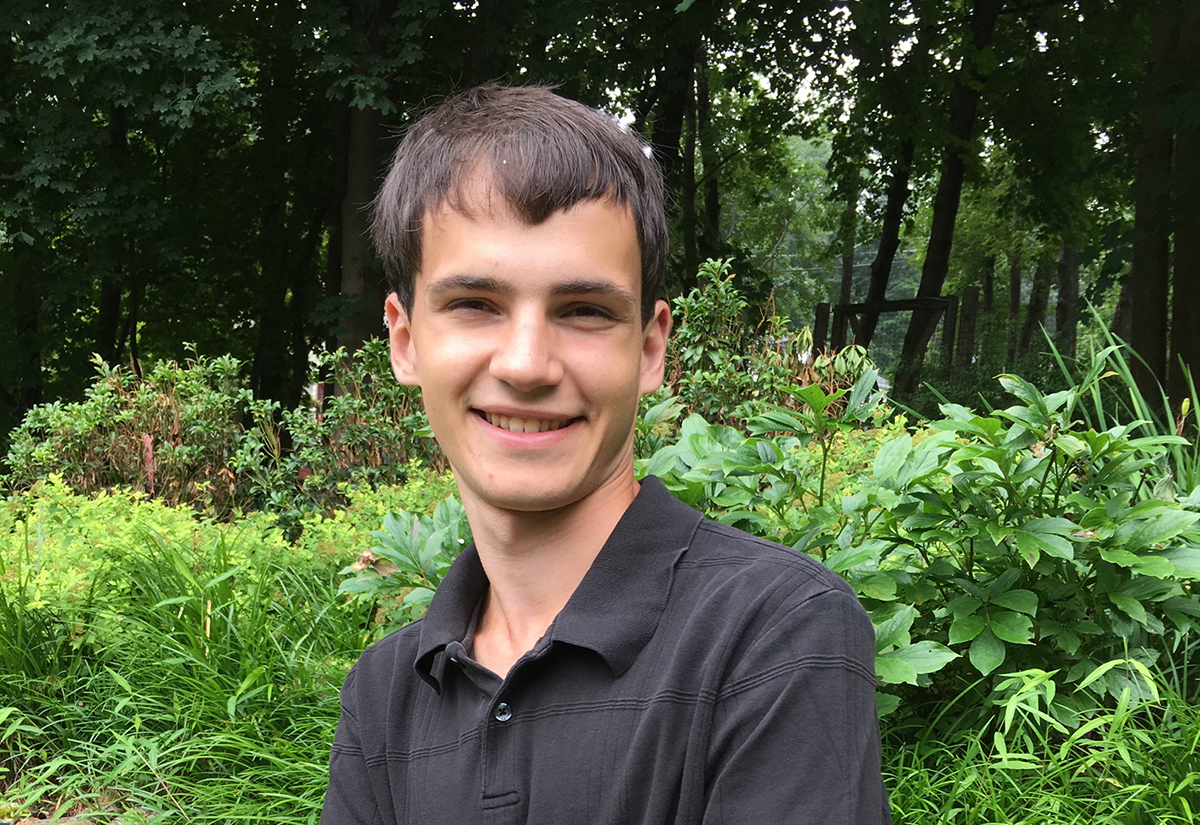Jared is a fourth year CIP Berkshire student. He is working towards his Associates Degree in Theater at Berkshire Community College and hopes to eventually become an acting teacher. In addition to acting and directing, Jared enjoys writing, reading, martial arts.
My Experience with Autism
When I ask myself, “what has been my experience with autism?” I think, this is a big question. I consider areas in my life where I needed more support, or areas where I felt more challenged such as my difficulty focusing in school and the ways autism has impacted my social relationships.
For example, I am aware that I don’t have much of a “filter” and this can impact my friendships. I also have a difficult time putting myself in other people’s shoes. With the support of my life skills coaches and social mentors at CIP I have found success in a long-term romantic relationship. Some other areas of strength for me are theater, acting, film and mentoring others.
What Autism Means to Me
I do not let my diagnosis of autism define who I am. What really defines me is how I choose to work with the challenges I come across. I have a team around me who have shown me that with support, I can overcome challenges.
I have come to an understanding that I see the world from a different perspective and just because I have challenges does not mean that I don’t also have a lot of strengths. I look at my experience with autism as a guide to new strengths such as my love of acting and mentoring others in the field of theater.
Advice for Families Living with Autism
My parents have supported me through a lot over my life. They have been patient, encouraging, knowledgeable and understanding. The more I felt like I could do with support from my family the less time I spent focusing on what my diagnosis might keep me from doing.
My advice for other families living with autism would be to be sure that your loved one knows they are capable of doing a lot more than they might think. Support your loved one to pursue their interest, encourage them to develop the skills necessary to keep doing what they love to do. I cannot emphasize enough the importance of doing your research.
Find out everything you can, read autobiographies, meet with professionals, find your own clinical support, try to gain perspective and do ample research to develop a frame of reference for how individuals experience autism. The more support you can get as a family, the better. Use many different resources and don’t focus strictly on the facts.

